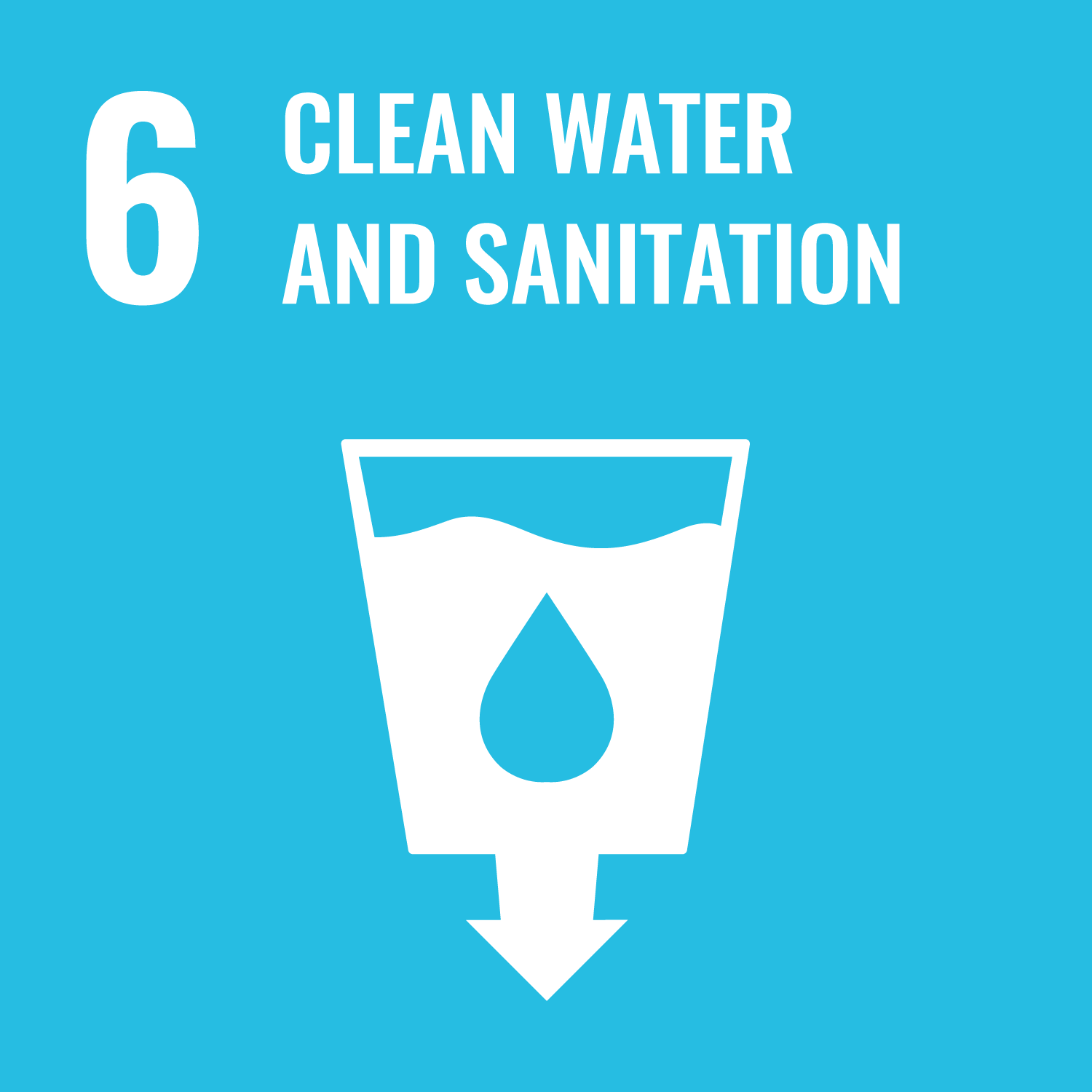DC Water Environmental Bond
Aligned SDGs

- DC Water Environmental Bond
- General overview
- Location
- Involved organisations
- Outcome metrics
- Other resources
- Spreadsheet of data
- DC Water Environmental Bond
- General overview
- Location
- Involved organisations
- Outcome metrics
- Other resources
- Spreadsheet of data
General overview
Stage of development: Implementation
Policy sector: Agriculture and environment
Date outcomes contract signed: 2017
Start date of service provision: Oct 2016
Capital raised (minimum): USD 25m
Max potential outcome payment: USD 28.30m
Intervention
Development of green infrastructure (i.e. permeable pavement and bioretention) designed to mimic the same absorption and filtering processes found in nature in order to slow surges of stormwater during periods of heavy rainfall. Beneath the surface of a rain garden or permeable pavement installation, there are layers of soil, rock, and gravel that slowly filter stormwater allowing it to be reabsorbed into the ground or flow into the sewer system and back to the treatment facility for treatment. By absorbing and slowing stormwater, green infrastructure mitigates stormwater runoff, ultimately reducing the incidence and volume of CSOs (i.e. Combined Sewer Overflow).
Target population
20 equivalent impervious acres of green stormwater infrastructure for Rock Creek Project A.
Location
Country
- United States
Service delivery locations
- Rock Creek sewershed, Washington, DC, USA
Involved organisations
Outcome metrics
- Reduction in stormwater runoff - better than expected performance. Percentage reduction in stormwater runoff per acre by >41.3%. Evaluator performance monitoring results.
- Reduction in stormwater runoff - performance within predicted bounds. Percentage reduction in stormwater runoff per acre between 18.6%<= and <=41.3%. Evaluator performance monitoring results.
- Reduction in stormwater runoff - worse than expected performance. Percentage reduction in stormwater runoff per acre between <18.6%. Evaluator performance monitoring results.
Other resources
Spreadsheet of data
Important Notice and Disclaimer on INDIGO Data
INDIGO data are shared for research and policy analysis purposes. INDIGO data can be used to support a range of insights, for example, to understand the social outcomes that projects aim to improve, the network of organisations across projects, trends, scales, timelines and summary information. The collaborative system by which we collect, process, and share data is designed to advance data-sharing norms, harmonise data definitions and improve data use. These data are NOT shared for auditing, investment, or legal purposes. Please independently verify any data that you might use in decision making. We provide no guarantees or assurances as to the quality of these data. Data may be inaccurate, incomplete, inconsistent, and/or not current for various reasons: INDIGO is a collaborative and iterative initiative that mostly relies on projects all over the world volunteering to share their data. We have a system for processing information and try to attribute data to named sources, but we do not audit, cross-check, or verify all information provided to us. It takes time and resources to share data, which may not have been included in a project’s budget. Many of the projects are ongoing and timely updates may not be available. Different people may have different interpretations of data items and definitions. Even when data are high quality, interpretation or generalisation to different contexts may not be possible and/or requires additional information and/or expertise. Help us improve our data quality: email us at indigo@bsg.ox.ac.uk if you have data on new projects, changes or performance updates on current projects, clarifications or corrections on our data, and/or confidentiality or sensitivity notices. Please also give input via the INDIGO Data Definitions Improvement Tool and INDIGO Feedback Questionnaire.